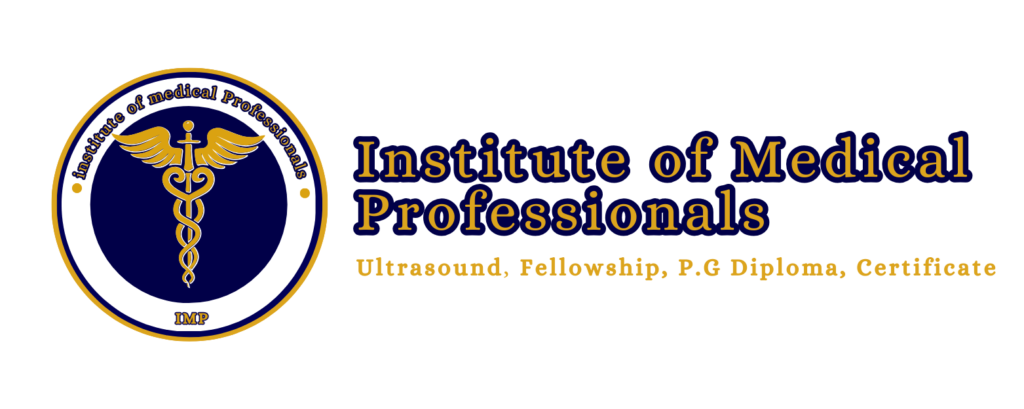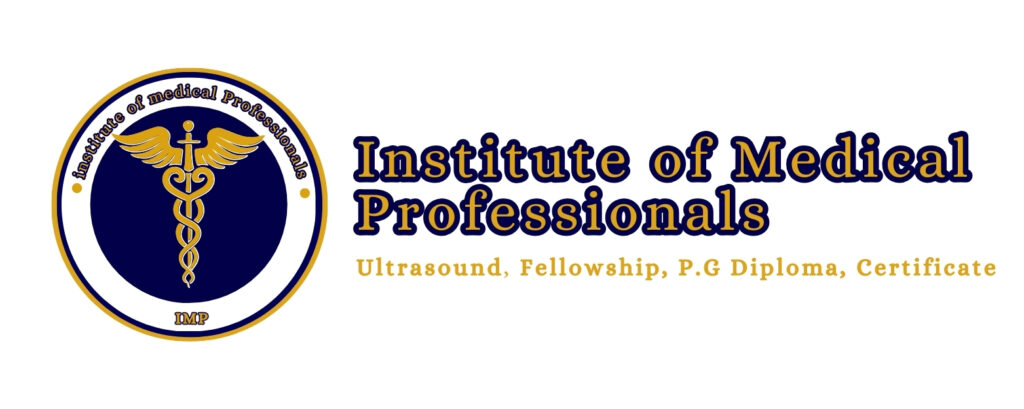Fellowship in Rheumatology
About Course
The Fellowship in Rheumatology is designed to provide advanced training in the diagnosis, treatment, and management of rheumatic diseases. This program equips medical professionals with in-depth knowledge and practical skills to address complex cases of arthritis, autoimmune disorders, and other musculoskeletal conditions. The fellowship includes a combination of theoretical learning, hands-on clinical experience, and research opportunities, preparing candidates to become experts in the field of rheumatology.
Course Duration
6 Months
Requirements:
- MBBS or equivalent medical degree
- Completion of a residency in Internal Medicine or related specialty
- Valid medical license
- A strong interest in rheumatology and related research
Course Modules
- Module 1: Introduction to Rheumatology
- Overview of rheumatic diseases and their impact on patients.
- Basic pathophysiology of autoimmune and inflammatory conditions.
- Module 2: Clinical Rheumatology: Diagnosis and Assessment
- Clinical evaluation of patients with rheumatic diseases.
- Use of diagnostic tools and laboratory investigations in rheumatology.
- Module 3: Pharmacological Management of Rheumatic Diseases
- Review of current pharmacological treatments.
- Disease-modifying antirheumatic drugs (DMARDs) and biologics.
- Module 4: • Non-Pharmacological Management in Rheumatology
- Physical therapy, occupational therapy, and lifestyle modifications.
- Integrative and alternative therapies in rheumatology.
- Module 5: Rheumatologic Emergencies
- Identification and management of acute rheumatologic conditions.
- Strategies for managing severe flare-ups and complications.
- Module 6: Pediatric Rheumatology
- Understanding of rheumatic diseases in children.
- Specific challenges and treatment approaches for pediatric patients.
- Module 7: Advanced Imaging Techniques in Rheumatology
- Use of ultrasound, MRI, and other imaging modalities.
- Interpretation of imaging results for diagnosis and treatment planning.
- Module 8: Rheumatology Research and Evidence-Based Practice
- Introduction to clinical research in rheumatology.
- Application of evidence-based guidelines in clinical practice.
- Module 9: Autoimmune Disorders in Rheumatology
- Exploration of systemic lupus erythematosus, scleroderma, and other. autoimmune conditions
- Advanced management strategies for complex cases.
- Module 10: Patient-Centered Care and Long-Term Management
- Approaches to long-term care and patient education.
- Developing treatment plans that focus on quality of life and patient engagement.

